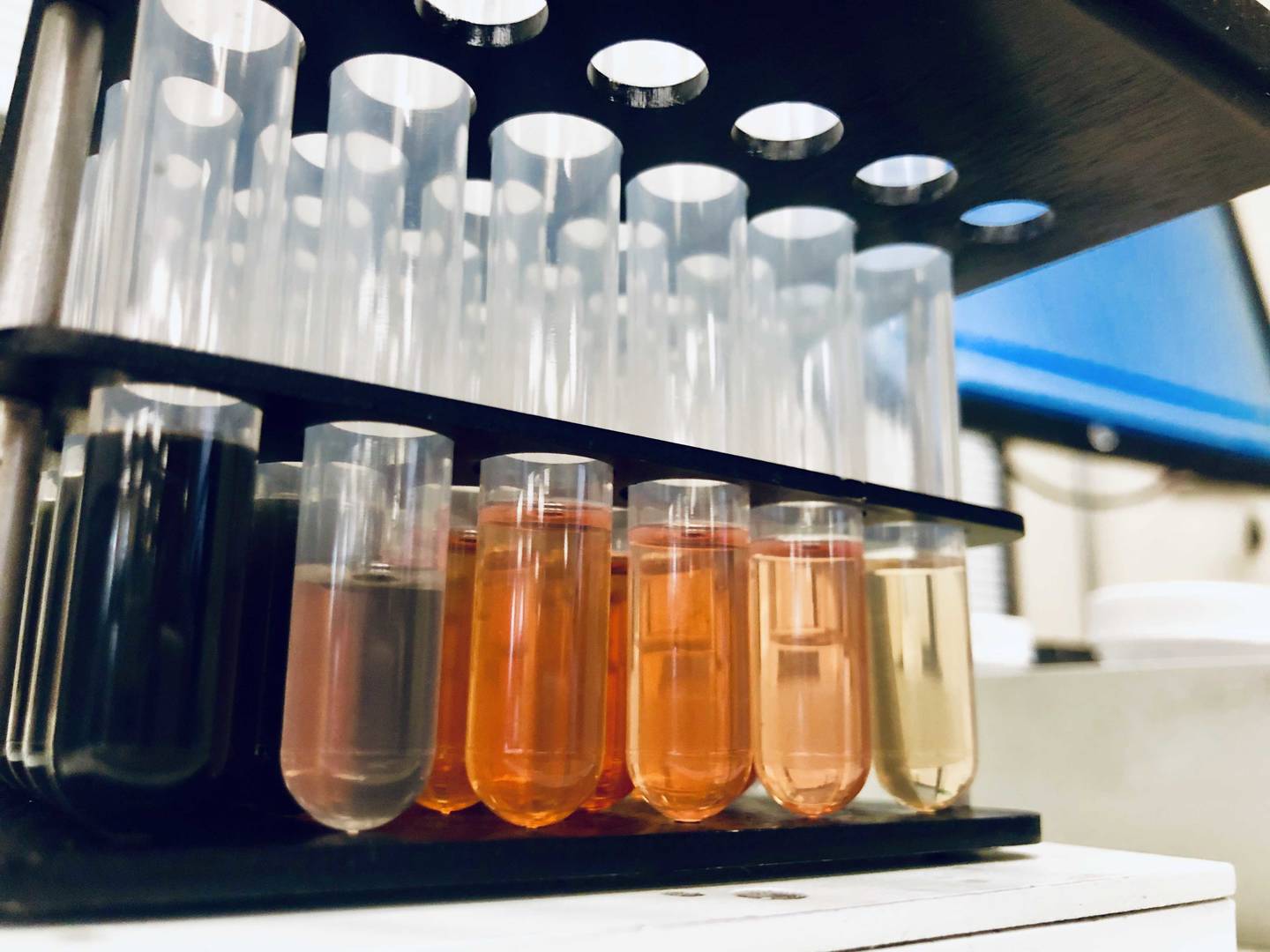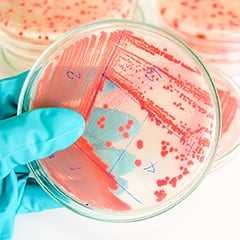Ensuring Safety: The Importance of Sterility Testing (USP <71>) for Eye Drop Products
Rigorous sterility testing is critical for reliable quality control of eye drop products.

Eye drops (ophthalmic solutions) are widely used for various ocular conditions, ranging from allergies and dryness to infections and glaucoma. As these products are directly applied to the sensitive tissues of the eye, ensuring their safety and effectiveness is paramount. One critical aspect of quality control is the rigorous testing of eye drop products for sterility (USP <71>). Considering the recent eye drop product recalls involving contamination with drug-resistant Pseudomonas aeruginosa, it is important that manufacturers have a robust testing plan in place. We’ll explore the significance of such testing and why it plays a crucial role in maintaining eye health and preventing potential risks. Additional quality tests are also listed in USP Mucosal Drug products – Product Quality Tests <chapter <4>.
Protecting Ocular Health:
The eye is a delicate and vulnerable organ, making it highly susceptible to infections and other complications. Eye drops, when contaminated with microorganisms, can introduce harmful bacteria, fungi, or viruses into the eye, leading to serious eye infections and potential vision loss. Testing for sterility acts as a safeguard against these risks, ensuring that the products are free from harmful pathogens and safe for use before being released to consumers.
Compliance with Regulatory Standards:
Regulatory authorities, such as the Food and Drug Administration (FDA) in the United States, mandate rigorous quality standards for pharmaceutical products, including eye drops. These standards emphasize the need for sterility testing to be performed during the manufacturing process. Compliance with these regulations is essential to gain market approval, maintain consumer trust, and demonstrate a commitment to safety.
Preventing Contamination during Manufacturing:
The manufacturing process of eye drops involves multiple steps, including formulation, filling, and packaging. Each of these stages poses a potential risk for product contamination. Sterility testing verifies that the manufacturing process maintains strict aseptic conditions, minimizing the chances of microbial contamination. By implementing robust testing protocols, manufacturers can identify any potential issues and take corrective actions before the products reach the market.
Enhancing Shelf Life and Stability:
Eye drop products are designed to be effective over a specified period, which is typically indicated by the expiration date. Including sterility testing as part of the evaluation of the product's stability and shelf life helps ensure an appropriate expiration date. By subjecting the eye drops to rigorous testing, manufacturers can determine the presence of any microorganisms that could compromise the product's efficacy over time. This knowledge enables them to establish appropriate expiration dates and storage recommendations, ensuring that patients receive safe and effective eye drop formulations.
Preserving Patient Safety and Trust:
Patients rely on eye drop products to alleviate discomfort, manage chronic conditions, and maintain eye health. By conducting sterility testing, manufacturers prioritize patient safety and instill confidence in the products they produce. Ensuring that eye drops are free from contaminants helps to minimize adverse reactions, infections, or potential harm to patients' eyes. Trust in the quality and safety of eye drops is paramount, as patients rely on these products to improve their vision and overall eye well-being.
Conclusion:
The significance of testing eye drop products for sterility cannot be overstated. ALS supports ophthalmic product manufacturers by offering sterility, endotoxin, particulate matter and a gamut of other safety tests for ophthalmic products. By making a sound investment in a robust testing program, pharmaceutical manufacturers can ensure that their eye drop product is safe, effective, and free from harmful microorganism, toxins and particulates. Ultimately, this commitment to quality and sterility contributes to the overall well-being and satisfaction of patients relying on these essential ocular medications.
Please contact ALS at Pharma.USA@alsglobal.com for more information.
















































